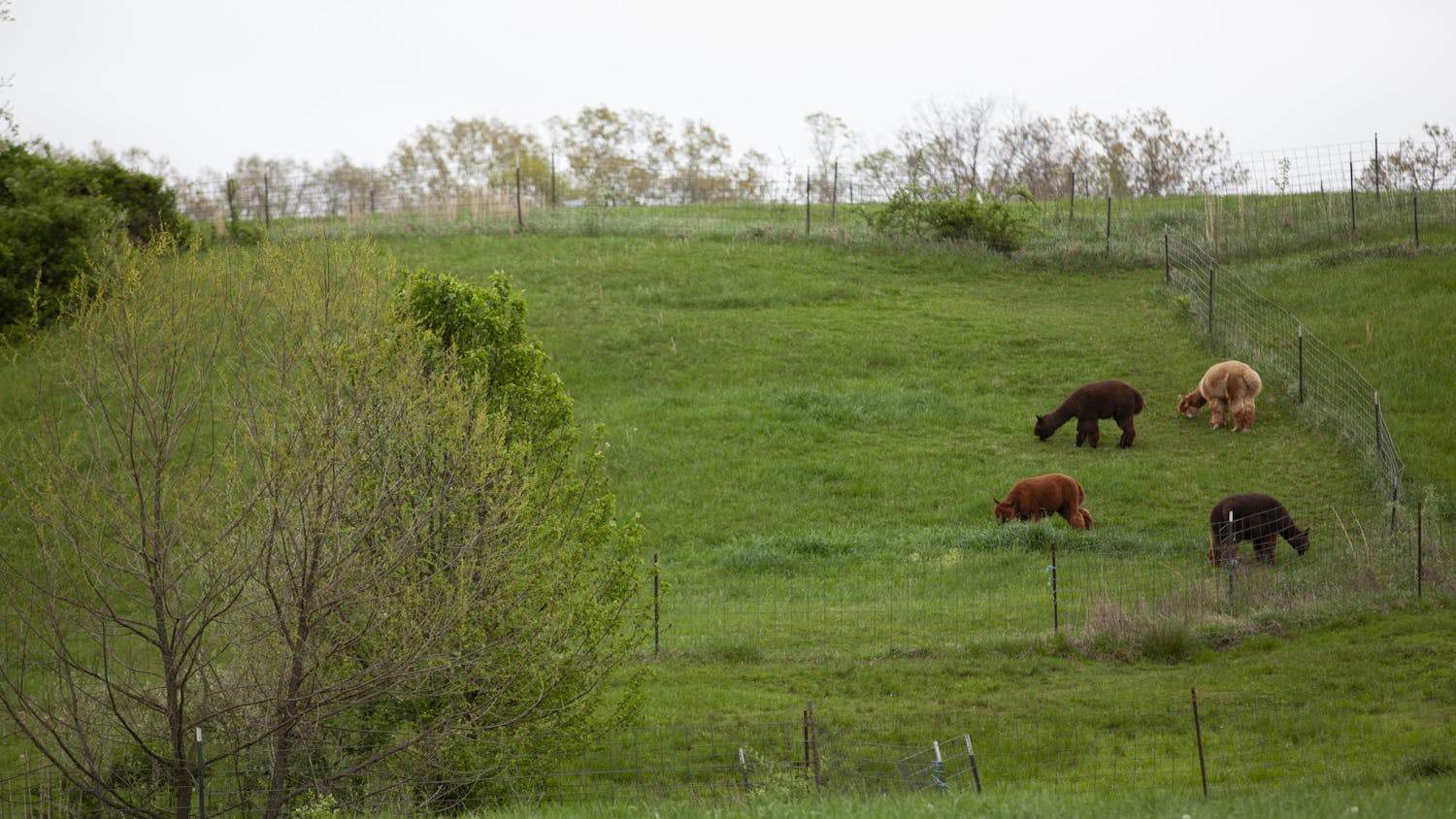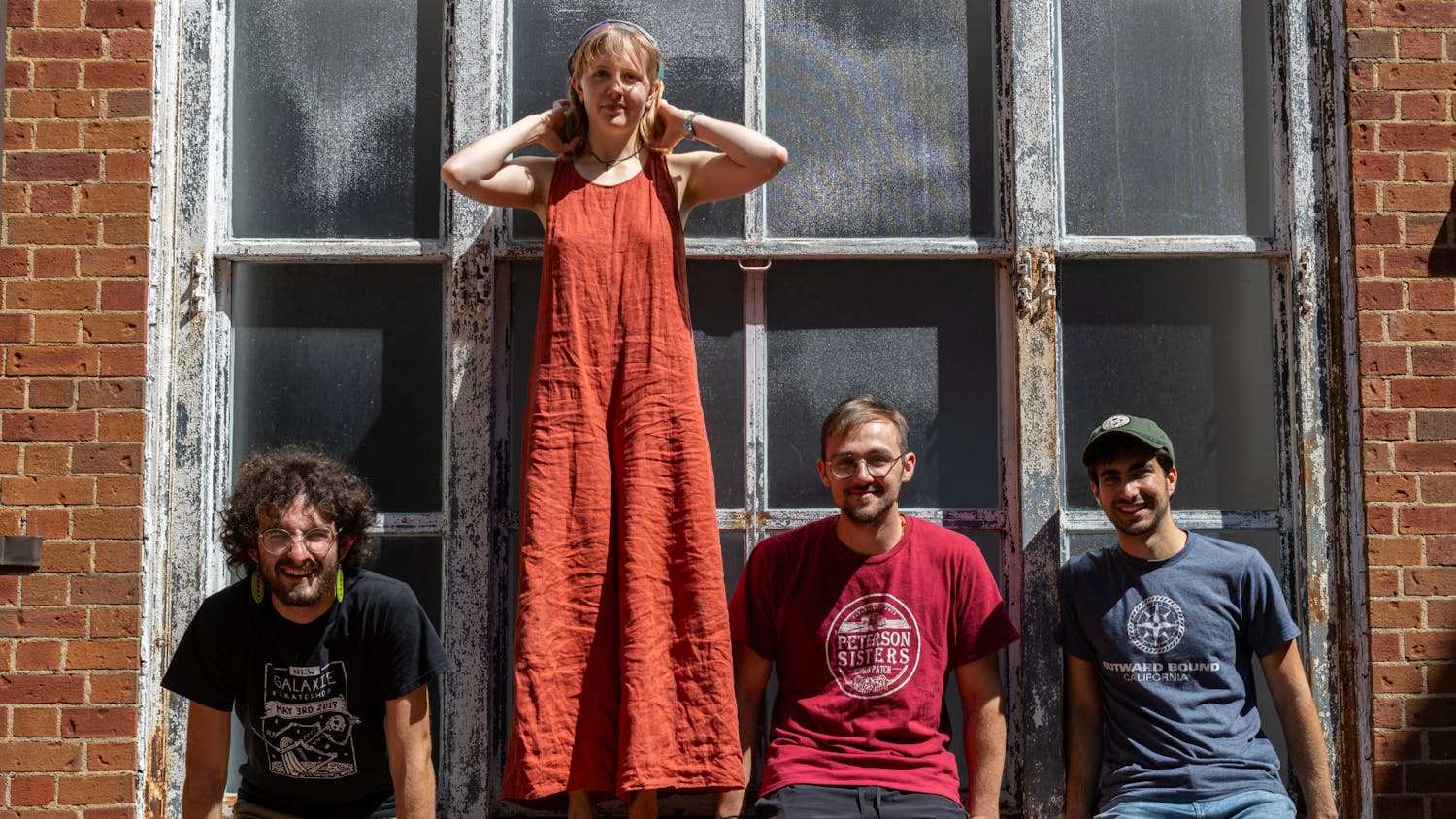Students got a chance to hear and discuss with professors the effect of World War II during the annual Baker Peace Conference.
The conference, held in Baker University Center and Walter Hall Thursday and Friday, focused on a topic of specialty for numerous Ohio University professors.
“Of the eight panelists, three are currently teaching at OU, and two others taught here recently,” said Steve Miner, director of the Contemporary History Institute. “It is not always clear to students how powerful a team we have here. Our faculty members do this type of thing routinely at other institutions.”
The conference kicked off Thursday evening with Gerhard Weinberg, professor of history at the University of North Carolina at Chapel Hill, discussing how the end of World War II varied from the end of other notable wars. Around 200 people attended the keynote speech, Miner said.
“The big difference is that the First World War, the Korean War … the 1812 war with England, they negotiated peace treaties,” Weinberg said. “World War II was going to end with the unconditional surrender of one side.”
The conference continued with open panel discussions Friday addressing three different geographical areas affected by the war – Asia, Eastern Europe and Western Europe.
“A lot of these issues (that were discussed) have current implications – the ethnic cleansing, the treatment of minority nationalities and … the question of anti-Semitism,” he added.
One of the panelists, Norman Goda, a former OU associate professor of history and current professor at the University of Florida, discussed intelligence after World War II and the declassified information involving the war and its spies.
“The post World War was a very complicated place,” Goda said. “It was just a mess as to who ones’ friends or enemies were.”
Another OU professor, David Curp, spoke about the ethnic cleansing in Eastern Europe after the war, focusing specifically on Poland.
“Poland is where over 10 million people were ethnically cleansed after the war,” Curp said. “It had the most revolutionary effect.”
A number of the speakers expressed their desire that the audience gain a greater knowledge of the war and a better appreciation for the importance of history.
“I hope they (got) a sense of, on the one hand, how the big war in history ended and how after such a horrible event people … will reconcile with each other,” Weinberg said.
The conference was funded by the Bakers’ heir trust fund, as well as in part by the Contemporary History Institute, costing about $30,000, Miner said.
oh271711@ohiou.edu





